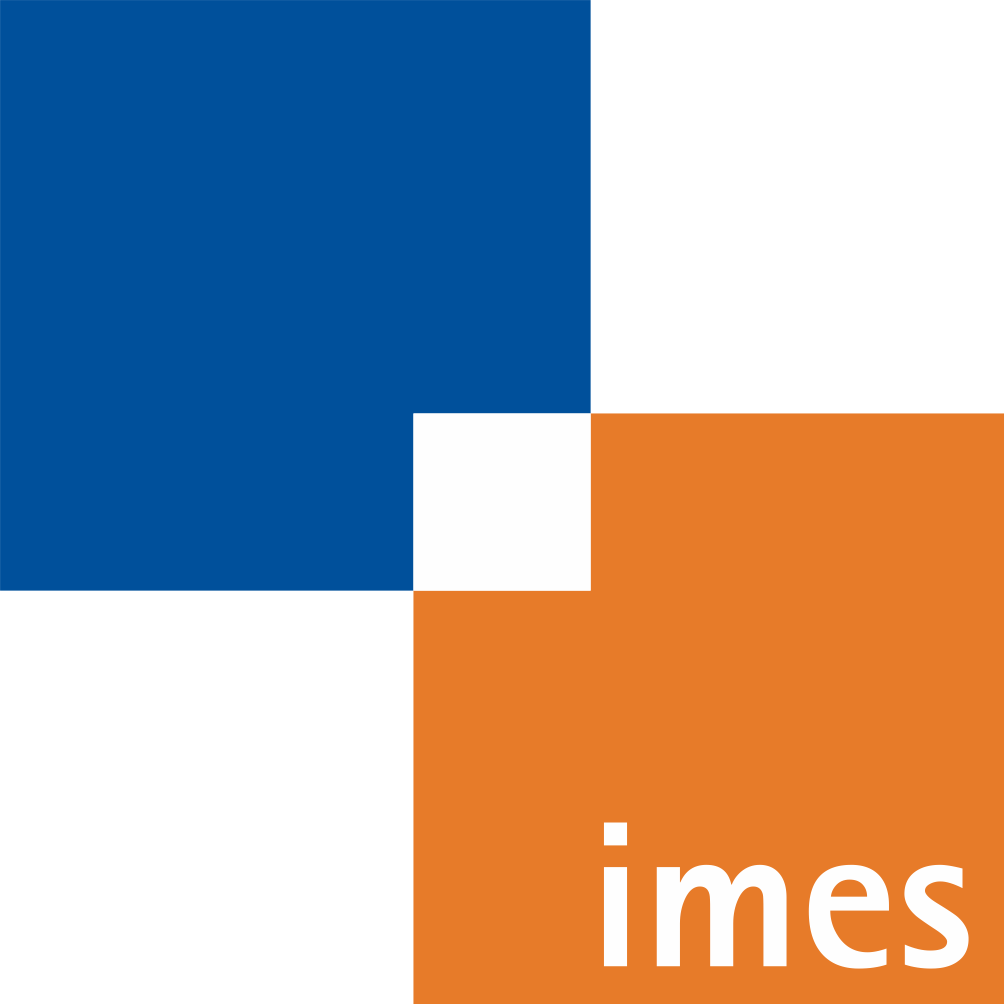Stereo Laryngoscopic Impact Site Prediction for Droplet-Based Stimulation of the Laryngeal Adductor Reflex
- verfasst von
- Jacob Friedemann Fast, Hardik Dava, Adrian Karl Rüppel, Dennis Kundrat, Maurice Krauth, Max-Heinrich Viktor Laves, Svenja Spindeldreier, Lüder Alexander Kahrs, Martin Ptok
- Abstract
The laryngeal adductor reflex (LAR) is a vital reflex of the human larynx. LAR malfunctions may cause life-threatening aspiration events. An objective, noninvasive, and reproducible method for LAR assessment is still lacking. Stimulation of the larynx by droplet impact, termed Microdroplet Impulse Testing of the LAR (MIT-LAR), may remedy this situation. However, droplet instability and imprecise stimulus application thus far prevented MIT-LAR from gaining clinical relevance. We present a system comprising two alternative, custom-built stereo laryngoscopes, each offering a distinct set of properties, a droplet applicator module, and image/point cloud processing algorithms to enable a targeted, droplet-based LAR stimulation. Droplet impact site prediction (ISP) is achieved by droplet trajectory identification and spatial target reconstruction. The reconstruction and ISP accuracies were experimentally evaluated. Global spatial reconstruction errors at the glottal area of (0.3±0.3) mm and (0.4±0.3) mm and global ISP errors of (0.9±0.6) mm and (1.3±0.8) mm were found for a rod lens-based and an alternative, fiberoptic laryngoscope, respectively. In the case of the rod lens-based system, 96% of all observed ISP error values are inferior to 2 mm; a value of 80% was found with the fiberoptic assembly. This contribution represents an important step towards introducing a reproducible and objective LAR screening method into the clinical routine.
- Organisationseinheit(en)
-
Institut für Mechatronische Systeme
- Externe Organisation(en)
-
Medizinische Hochschule Hannover (MHH)
Technische Universität Hamburg (TUHH)
Hospital for Sick Children University of Toronto
- Typ
- Artikel
- Journal
- IEEE Access
- Band
- 9
- Seiten
- 112177 - 112192
- Anzahl der Seiten
- 16
- ISSN
- 2169-3536
- Publikationsdatum
- 06.08.2021
- Publikationsstatus
- Veröffentlicht
- Peer-reviewed
- Ja
- ASJC Scopus Sachgebiete
- Informatik (insg.), Werkstoffwissenschaften (insg.), Ingenieurwesen (insg.)
- Elektronische Version(en)
-
https://doi.org/10.1109/ACCESS.2021.3103049 (Zugang:
Offen)
